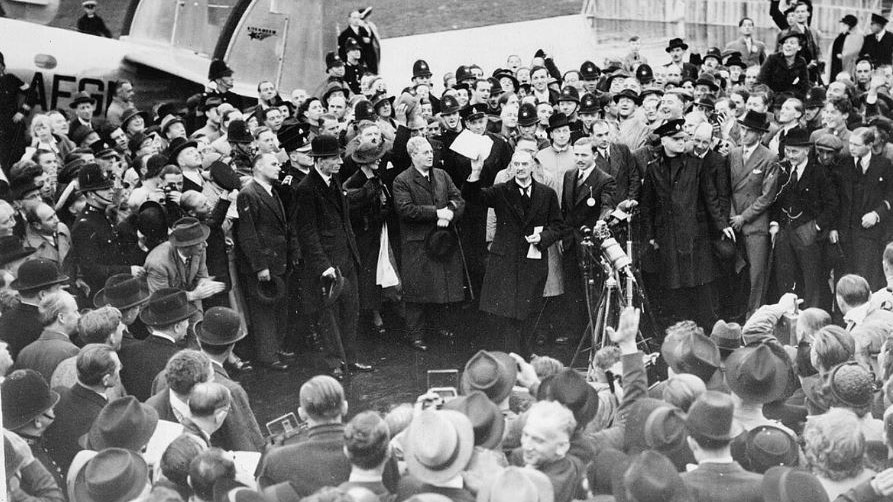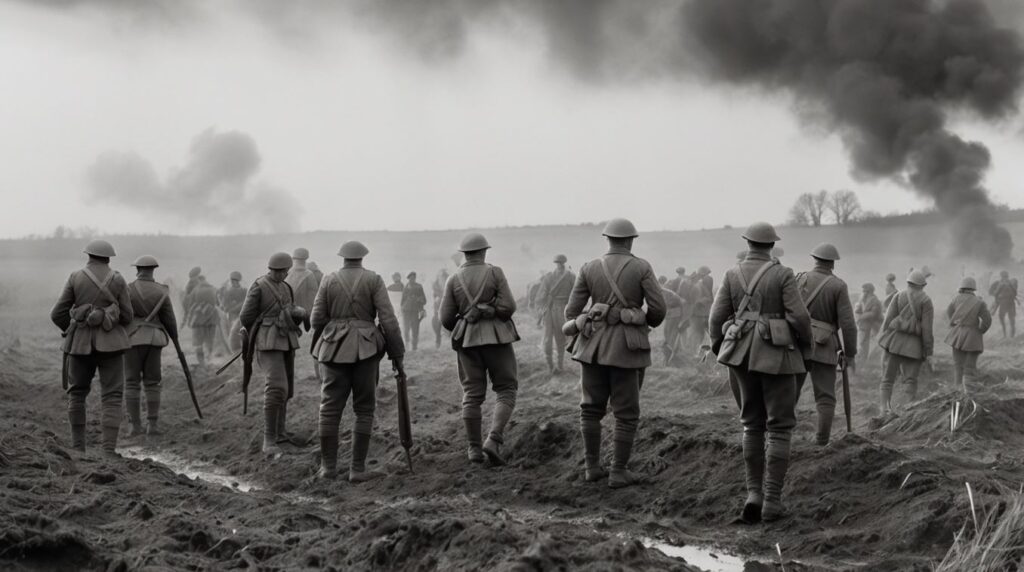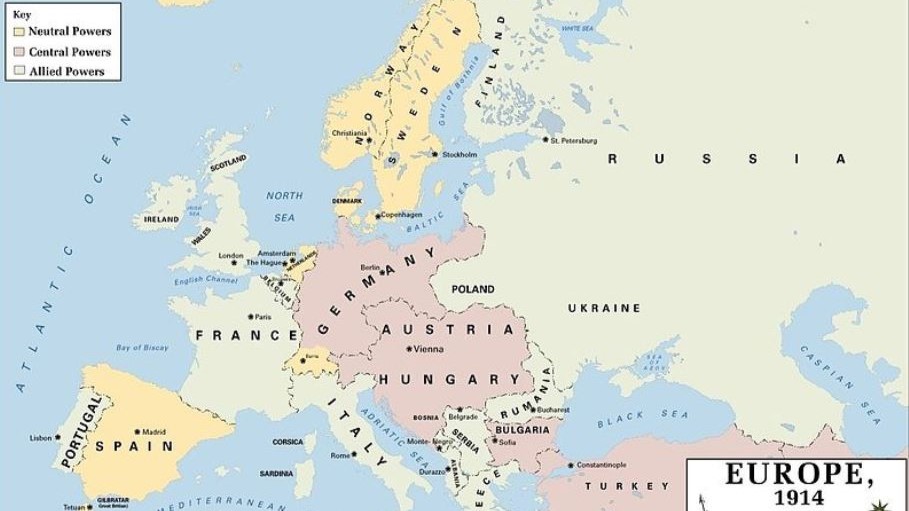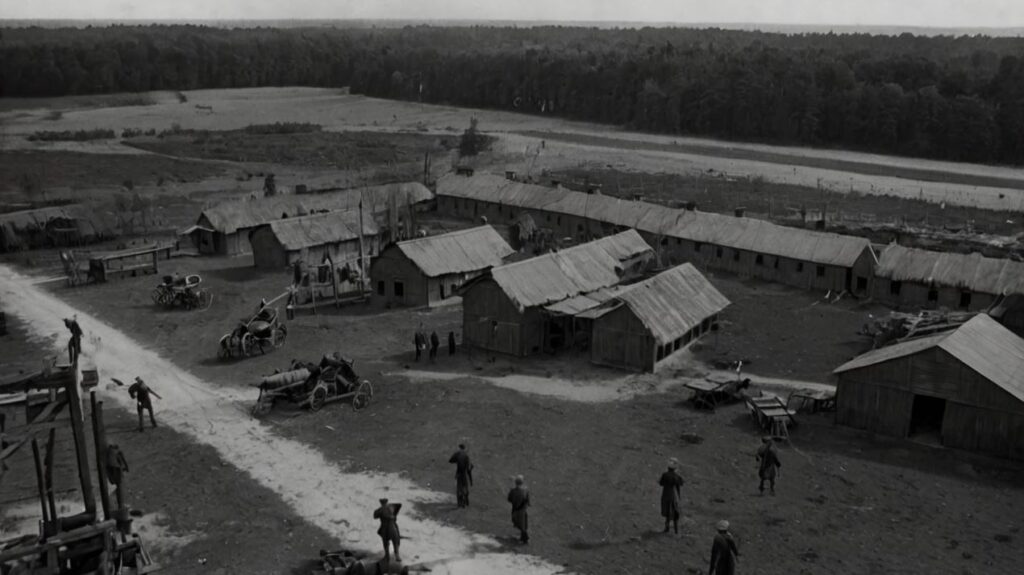What if the Civil War Never Happened? The American Civil War was a bloody and defining conflict. After Lincoln’s election in 1860, eleven Southern states seceded, forming the Confederacy. The ensuing four years of civil war from 1861-1865 killed over 600,000 soldiers and reshaped America.
In this article I explore how might America’s course have diverged without the Civil War’s catalyzing social, political, and economic impacts.
- 1. What if the Democratic Party was united in 1860?
- 2. If the Civil War never happened, what would have been the impact slavery?
- 3. If the Civil War never happened, what would have been the effect on the issue of States Rights?
- 4. Would Westward Expansion Have Continued?
- 5. What would have been the effects on global affairs?
- 6. If the Civil War Never Happened, what would have been the effect on national identity?
- Further Reading
1. What if the Democratic Party was united in 1860?
To understand what America would have been like if the Civil War never happened, we must consider a scenario that would have prevented the war from occurring. The 1860 election was one such scenario.
The Democrats were Divided in 1860
During the 1860 United States presidential election, the Democratic Party did not field a single candidate due to internal divisions over the issue of slavery.
The party split into two factions: the Northern Democrats and the Southern Democrats.

The Northern Democrats nominated Stephen A. Douglas as their candidate, while the Southern Democrats, dissatisfied with Douglas’s position on popular sovereignty and his perceived lack of support for the expansion of slavery into the territories, nominated John C. Breckinridge.

This division within the Democratic Party played a crucial role in the election outcome.
The split vote allowed the Republican Party, which opposed the extension of slavery into the territories, to capitalize on the disarray among the Democrats. The Republican candidate, Abraham Lincoln, won the election, becoming the 16th President of the United States.
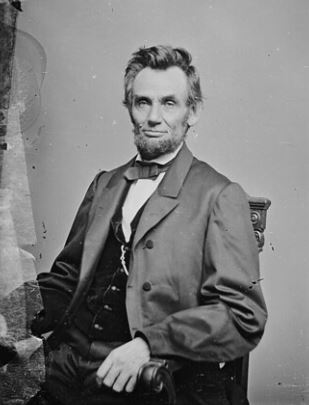
The absence of a single Democratic candidate in the 1860 election highlighted the deepening regional tensions over the issue of slavery and foreshadowed the subsequent secession of Southern states and the outbreak of the American Civil War in 1861.
What if the Democratic Party united under John Cabell Breckinridge in 1860?
If the Democratic Party had managed to unite under a single candidate, such as John C. Breckinridge, in the 1860 election, it could have significantly altered the political landscape and potentially changed the outcome of the election. Here are some possible scenarios and their implications:
- Possibility of Winning the Election: A united Democratic Party might have had a better chance of winning the presidency. The split between Northern and Southern Democrats weakened their overall electoral impact, allowing the Republican candidate, Abraham Lincoln, to secure victory with a plurality of the electoral votes.
- Avoidance of Civil War?: If the Democrats had won the presidency in 1860, it might have delayed or altered the course of events that eventually led to the American Civil War. However, the underlying tensions over slavery were deeply rooted and pervasive, so it’s uncertain whether a Democratic victory could have completely avoided the conflict.
- Compromises on Slavery: A united Democratic Party might have sought compromises on the issue of slavery, potentially preventing the secession of Southern states. However, it’s important to note that the nation was already deeply divided, and finding a lasting compromise on the slavery question was becoming increasingly difficult.
2. If the Civil War never happened, what would have been the impact slavery?

If the Civil War had never happened and slavery persisted in the United States without a major confrontation, the impact on various aspects of American society would have been profound.
Continuation of Slavery
Without the Civil War to challenge the institution of slavery, it is likely that slavery would have persisted for an extended period. The Southern states, which heavily relied on slave labor for their agrarian economy, would have continued to defend and maintain the institution.
The continuation of slavery would have perpetuated social inequality, as enslaved individuals would have been denied basic human rights, education, and economic opportunities. The racial hierarchy present in the Southern states would have remained intact, with significant consequences for social dynamics and intergroup relations.
Political Landscape
The political landscape would likely have been characterized by ongoing tensions between the slaveholding Southern states and the free states in the North.
The abolitionist movement, fueled by moral and ethical considerations, would have persisted in advocating for the end of slavery.
Political compromises and negotiations might have continued in an attempt to maintain a delicate balance between the interests of slave and free states.
The Rise of Slave Rebellions
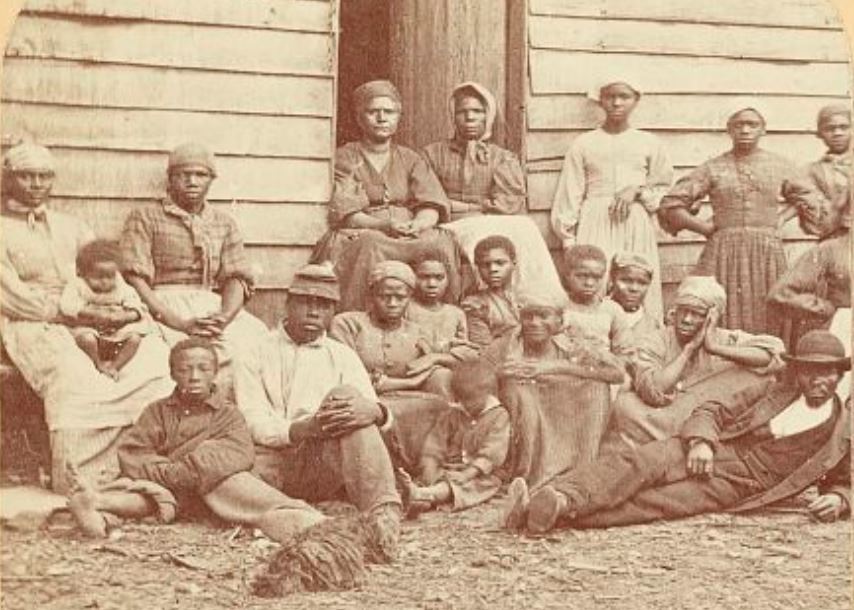
The absence of a war to address the issue of slavery could have resulted in increased tensions and unrest as the institution continued to persist without a clear path toward abolition.
In such a scenario, slaves, grappling with the grim prospect of perpetual enslavement, might have found themselves more inclined to contemplate violent means as a desperate avenue to seek freedom.
The absence of a war settling the question of slavery might have provided fertile ground for sporadic and potentially more frequent slave rebellions.
The prospect of violence, driven by the desperation of those held in bondage, could have posed a significant challenge to the stability of the Southern social and economic order.
International Pressure to End Slavery

The international pressures on the United States to abolish slavery was growing, particularly from Britain. This may however have taken a number off decades to play out.
Britain abolished abolished slavery in its colonies in the early 19th century. It may have used diplomatic channels to express its disapproval of the continuation of slavery in the United States.
Diplomatic pressure might have been exerted through formal communications, international conferences, or even the threat of economic sanctions to encourage the U.S. to reconsider its stance on slavery.
Given the economic ties between Britain and the United States, particularly in the textile industry, Britain could have used its economic influence as leverage.
The British public, which had played a crucial role in the abolitionist movement, might have boycotted or shown reluctance to purchase products produced with slave labor, including cotton from the Southern states.
These international pressures could have created a challenging environment for the U.S., prompting a reassessment of its stance on slavery.
3. If the Civil War never happened, what would have been the effect on the issue of States Rights?

If the Civil War never happened, the issue of states’ rights would likely have unfolded differently, with potential impacts on the nature of federalism and the balance of power between the federal government and individual states.
Here are several possible effects:
Preservation of a Stronger Concept of States’ Rights
The absence of a war fought over states’ rights might have contributed to the preservation of a stronger concept of states’ rights.
States would have continued to assert their autonomy in various policy areas, and the federal government might have faced challenges in centralizing authority.
States, particularly in the South, may have maintained a higher degree of autonomy over issues such as slavery, taxation, and local governance.
The lack of a war to settle the question of secession might have left the door open for states to continue pushing for their rights in a more decentralized system.
States could have continued to challenge federal authority on a case-by-case basis, leading to a less stable and more fragmented political landscape.
Constitutional Amendments or Compromises
The continued debate over states’ rights might have prompted the adoption of constitutional amendments or legislative compromises to clarify the division of powers between the federal government and states.
This could have been a more peaceful means of addressing the underlying issues.
Potential for Later Crises
While the immediate crisis of secession might have been averted, unresolved tensions over states’ rights could have resurfaced in later periods, potentially leading to different crises or conflicts in the years or decades following the 1860s.
4. Would Westward Expansion Have Continued?

The absence of the unifying force of the Civil War could have had profound implications for the expansion westward in the United States.
In a scenario where the Civil War did not take place, westward expansion might have unfolded at a slower pace or encountered more conflicts, particularly with disagreements between free and slave states regarding the status of new territories.
Without the war serving as a catalyst for resolving disputes over the expansion of slavery into the western territories, the question of whether these regions would allow slavery could have become a protracted and contentious issue.
Free states and slave states might have found themselves engaged in persistent disputes, both in Congress and on the ground, as they vied for influence in shaping the character of the emerging states and territories.
5. What would have been the effects on global affairs?
If the Civil War had never happened, the United States’ rise as a global power might have been delayed.
Political Fragmentation and Regional Disputes
The absence of the Civil War might have led to continued political fragmentation and regional disputes within the United States.
Without the unifying force of the war to settle critical issues such as states’ rights and slavery, the nation might have faced persistent internal conflicts.
These ongoing disputes could have hindered the establishment of a cohesive and unified national identity, potentially delaying the nation’s ability to present a united front in global affairs.
Social Unrest and Slavery’s Legacy
The continuation of slavery without the transformative impact of the Civil War might have prolonged social unrest and perpetuated the deeply entrenched institution.
The absence of a war to challenge slavery could have hindered the progress of social reforms and impeded the nation’s ability to address the legacy of slavery.
The international community, including abolitionist nations, might have viewed the U.S. with increased skepticism, potentially affecting diplomatic relations and the nation’s standing on the world stage.
This could have led to ongoing international criticism, potentially slowing the U.S.’s rise as a global power.
Limited Military Development
In a world where the Civil War never occurred, the transformative role that conflict played in shaping the U.S. military would have been absent.
The wartime necessity for rapid development and modernization of military capabilities, evident in innovations like rifled muskets and ironclad ships, would not have materialized without a pressing external threat.
Consequently, the nation might have witnessed slower technological advancement and a less sophisticated military apparatus.
This limited military development could have had profound implications for the United States’ strategic preparedness and geopolitical standing.
A less modernized military might have struggled to project strength or respond effectively to emerging global challenges, impacting the nation’s ability to safeguard its interests.
The absence of a developed military could undermine the U.S.’s credibility in international affairs, potentially weakening its influence in negotiations and strategic partnerships.
Moreover, the nation might have faced heightened vulnerabilities to security threats, as a less prepared military could compromise the protection of borders, regional stability, and vital interests abroad.
In essence, the lack of a Civil War could have relegated military initiatives to a lower priority, altering the nation’s trajectory and influence as a rising global power in the 19th century.
6. If the Civil War Never Happened, what would have been the effect on national identity?

The Civil War played a pivotal role in the rapid development of a cohesive national identity. But, what if the Civil War Never Happened? would would have been the effect on national identity.
The shared experience of conflict and the triumphs and tragedies that accompanied it served as a crucible for forging a strong sense of unity among Americans.
In a scenario where the war did not transpire, the development of a national consciousness might have proceeded at a slower pace.
The absence of a common, transformative event could have led to a greater emphasis on regional identities and cultures, hindering the emergence of a robust national identity.
In the absence of a conflict that solidified national unity, a cultural emphasis on states’ rights might have flourished, particularly in the South.
This regional identity could have been reinforced by historical narratives emphasizing state sovereignty, potentially resulting in a more pronounced sense of state loyalty among the populace.
The slower development of a unified national narrative might have perpetuated a more fragmented and decentralized understanding of loyalty, with citizens identifying strongly with their respective regions rather than a broader national community.
Further Reading
If you enjoyed this article, you may be interested to read more alternative history articles or about the American Civil War events or more general American history.


